What is your federal ID #?
Our Federal ID # is 42-0935374
How do exams get developed in new courses or new ways of doing regular courses?
The Examinations Institute is always looking at what people are doing in the chemistry classroom to determine if new exams might be needed. You can always contact our Director, Kristen Murphy (kmurphy@uwm.edu), or Associate Director, Jeffrey Raker (jraker@usf.edu), if you want to discuss an idea about a new exam that needs to be developed. One key consideration is whether a course for which an exam might be developed is treated in a standard way or not. For example, we do not have an exam for a one-semester survey of Organic Chemistry largely because whenever a committee is assembled to investigate the possibility, it becomes quickly apparent that most people choose to teach different things in that course. With no standard content coverage, it is not feasible to build a standardized test
Do we have to use ACS Exams to get program approval from the ACS?
No. The approval process for chemistry programs is run by the Committee on Professional Training (CPT) of the ACS Education Office and is not affiliated with the Examinations Institute (which is an activity of the Division of Chemical Education). The Examinations Institute does communicate with CPT and is working to improve assessment tools in ways that will help departments who are looking to establish the learning outcomes they propose to CPT are being met
How do I know how my students compare when national norms are not yet posted?
We have an online, interactive site (click here) that can provide some information about how your students compare with others around the U.S. You identify the exam you are using, input numbers of students for each score, and the system will calculate basic statistics from your school, along with the current sample of student performances from other schools. Plus, there is a graph showing national distribution compared to your school distribution. You will be contacted by a member of the Examinations Institute staff to verify that you entered scores and then your school’s scores will be added to the growing national sample.
Should I use the national norms from previous exams when the current norms are not available?
There is often a fluctuation of average score from exam to exam. The amount may be as high as four or five items difference, so there is some risk associated with using old norms for assigning grades for new exams
Where should I send my scores for national norms?
In addition to the interactive website described above, we can take score reports by email (kmurphy@uwm.edu) or by mail. Our address is ACS Examinations Institute, University of Wisconsin-Milwaukee, 3210 N Cramer, CHM 272, Milwaukee, WI 53211.
What should be submitted for national norms?
The most basic need is the frequency of your students’ score performance on the exam – how many students obtain each raw score on the exam. We are also very interested in receiving student performance on each item in order to calculate item statistics. We will take such data in any form that it can be submitted: as a spreadsheet, with original bubble sheets or even with photocopies of bubble sheets. If at all possible, we would greatly appreciate basic demographic information, such as gender identified for each student.
How long does it take for national norms to be completed?
This is completely dependent on the rate of data return. Some exams, such as the full-year Organic Exam, routinely have strong data return, and the norms are calculated quickly. (The 2008 Organic Exam had enough student data returned after one semester of use to allow for norms to be calculated, for example.) Other exams have very slow rates of data return and we are not able to calculate norms for them. We have built a facility that keeps track of how many student performances we receive for each exam on our interactive score reporting system. Looking at how many students’ scores have been reported provides one way for you to gauge how quickly data is being collected for an exam in which you are interested.

